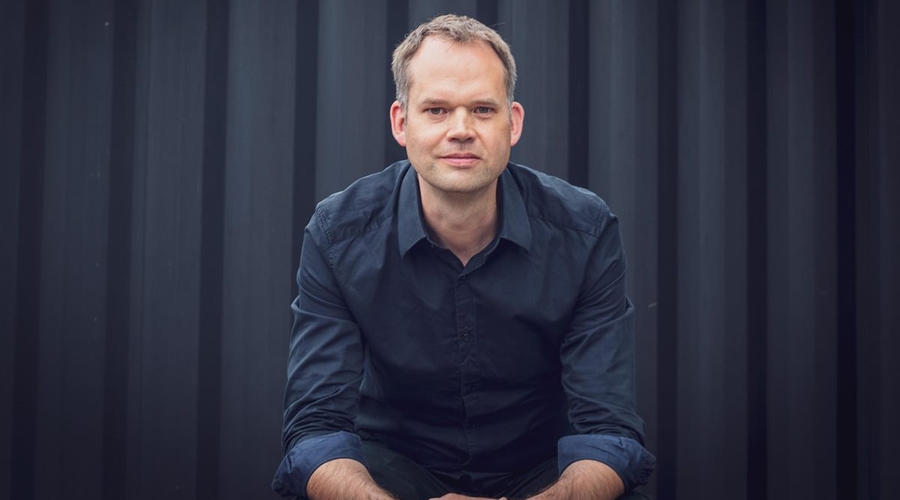Cameron Roach finds inspiration in one of the great ITV companies as we grapple with how to define Britishness
It felt good to be in a room full of people at the RTS Cambridge Convention last month: great sessions and speakers, brilliantly curated by Ben McOwen Wilson of YouTube. Of course, there was much drama when John Whittingdale stepped in for outgoing culture secretary Oliver Dowden, but this was a great way of demonstrating to the UK broadcasting industry that the Government knows better than most what constitutes great drama.
It has been widely documented that Whittingdale’s speech name-checked several shows, including Only Fools and Horses and The Great British Bake Off, viewed as distinctly British. The Convention perhaps demonstrated what a blunt instrument this is and, more importantly, showed how subjective this can be.
A number of the sessions articulated this well. There was great discussion on national identity, but I was struck by the clear and certain interpretations of identity from Frank Cottrell-Boyce and Jackie Kay and, of course, the wisdom of Gareth Southgate.
Frank’s reflections referenced Philip Larkin’s poem 'The Whitsun Weddings'. In doing so, he underlined that national identity is ever-evolving and that we need to be interested in others and excited by their experiences. To repeat, national identity is not a static thing.
I believe this spirit is something that underlay the emergence and success of Granada Television, which led to a creative wave that encouraged and inspired teams to reach for excellence and reflect their community and the world around them across all genres.
There is much we can learn from the foundation and enterprise of Granada, especially as competition and uncertainty in our sector grows. It’s important to look back and reflect on where we have been so we can navigate a way forward.
Indeed, we can find confidence and pride in knowing how our sector previously grew and innovated. Granada emerged with the arrival of Independent Television in 1955. Like today, this was a competitive, unpredictable, yet exciting, era. The Manchester-based company provided distinctly British programmes that often asked difficult and sometimes provocative questions.
The first drama broadcast by Granada was John Osborne’s Look Back in Anger. This was an important choice. It demonstrated that controversy speaks to a wide audience and can be a potent ingredient in entertainment. The Observer review stated that “Mr Osborne’s scream of rage, frustration and bitterness, the most discussed play for years, made tremendous television.… His tough, savage prose crackled and popped until I thought the television set would catch fire under its scorching urgency.”
This was taking clever playwriting broadcast to a mass audience – something that Granada alumnus Russell T Davies does to this day. Indeed, I think The Observer’s review that I quoted could equally be applied to It’s a Sin.
Granada would go on to be a distinctly British and innovative brand, responsible for a catalogue of definitive titles and talent, respected and admired internationally. Many speak of Granada as a beacon for nurturing individual creativity and opportunity. This was as true of its famed investigative journalism in the often brilliant World in Action, as it was for its drama, which ranged from Coronation Street to Cracker.
Granada’s story is one of the most inspiring stories in broadcasting history. It found its Britishness in looking forward, being innovative and, most importantly, listening and reflecting the world around it in a true and vital way, and constantly backing new generations of creatives.
As an industry we must do this, too, so that we can deliver the audiences of the future. The words of Sidney Bernstein, founding father of Granada, often echo in my mind, “I think that what Manchester sees today, London will see eventually”.
Cameron Roach is founder of Manchester-based Rope Ladder Fiction and Chair of RTS North West.







